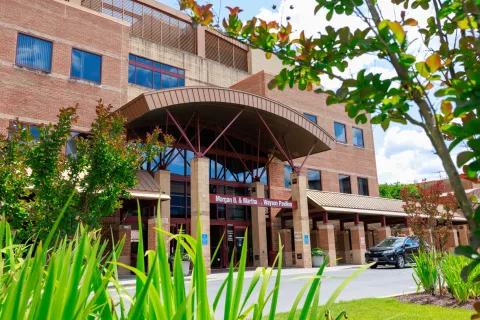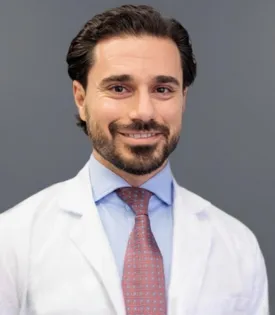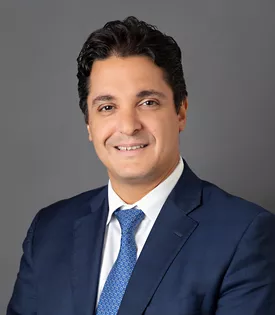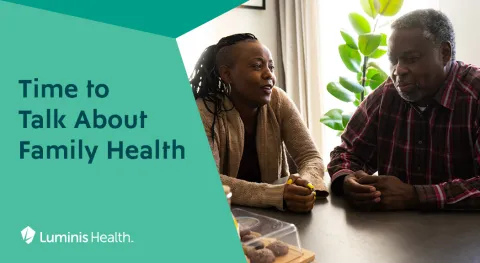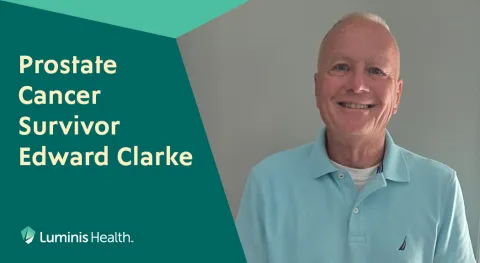Sarcoma cancers are relatively rare. If you're diagnosed with one, you've probably got lots of questions and concerns. That's where we come in.
What Is Sarcoma Cancer?
A sarcoma is a cancerous tumor that begins in various tissues of the body. Most are soft tissue sarcomas, meaning they occur in fat, muscle, nerves, tendons, blood vessels or deep skin tissues. But sarcomas can begin in bones, too.
Some soft tissue tumors are benign, meaning they aren't cancerous. They can't spread to other parts of the body like sarcoma cancer. Only an expert medical team can tell the difference between benign tumors and cancerous ones.
Sarcoma cancers are rare. According to the American Cancer Society, U.S. doctors diagnose less than 14,000 soft tissue sarcomas each year. Most sarcomas happen in the feet, legs and arms, although they can occur elsewhere in the body too.
Some types of sarcomas we treat at the Geaton and JoAnn DeCesaris Cancer Institute are:
- Chondrosarcoma, found in cartilage.
- Ewing sarcoma, which usually occurs in children and young adults in and around the bones.
- Fibrosarcoma, which starts in fibrous tissue in legs, arms or trunk.
- Kaposi sarcoma, which starts in the cells lining lymph or blood vessels.
- Leiomyosarcoma, which starts in smooth muscle tissue, often in the abdomen.
- Liposarcoma, which are tumors in fat tissue.
- Malignant fibrous histiocytoma, which are usually found in muscles and tendons.
- Osteosarcoma, a type of bone cancer seen most often in children and young adults.
- Rhabdomyosarcoma, which is a soft tissue sarcoma seen in children.
